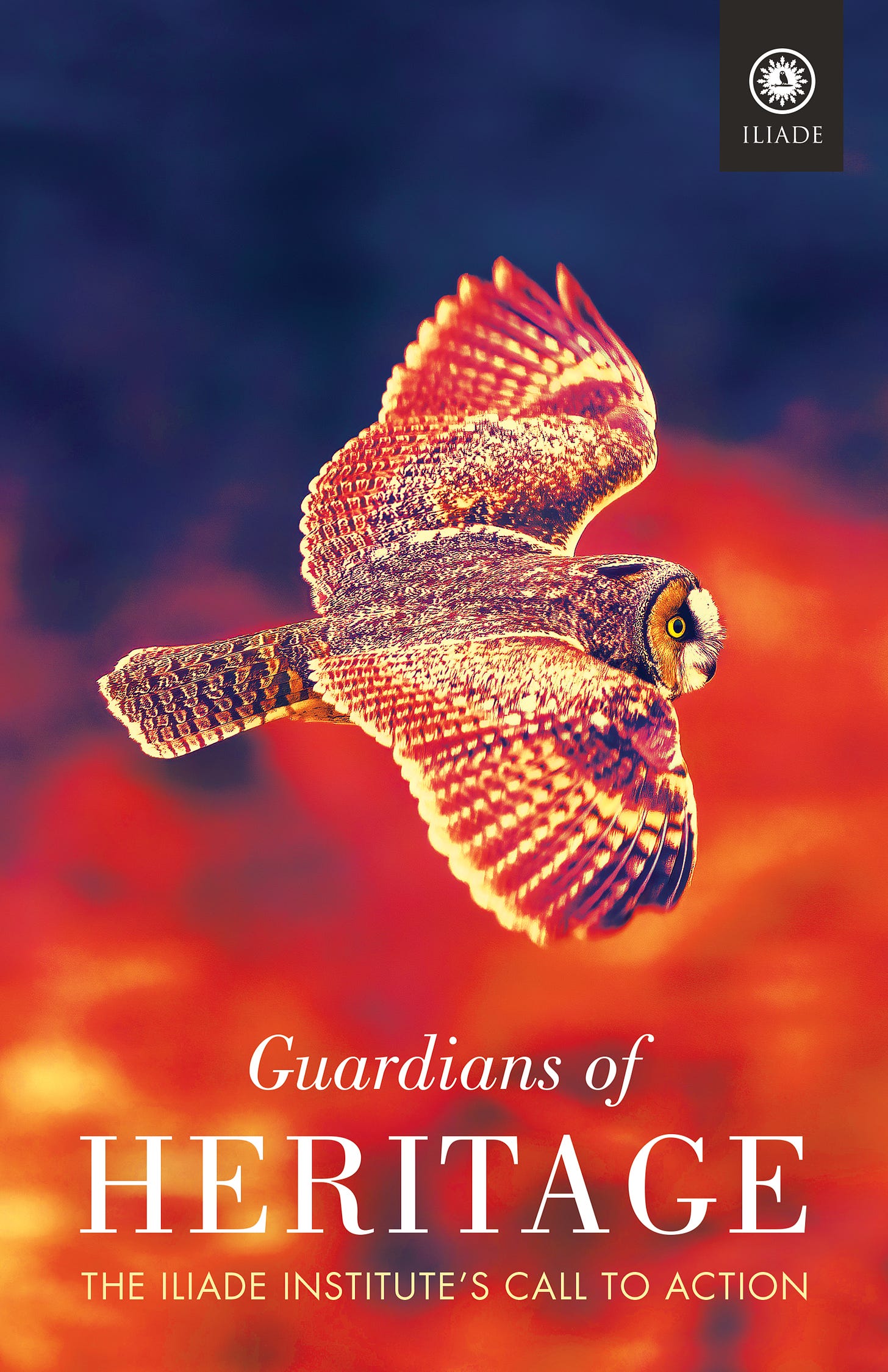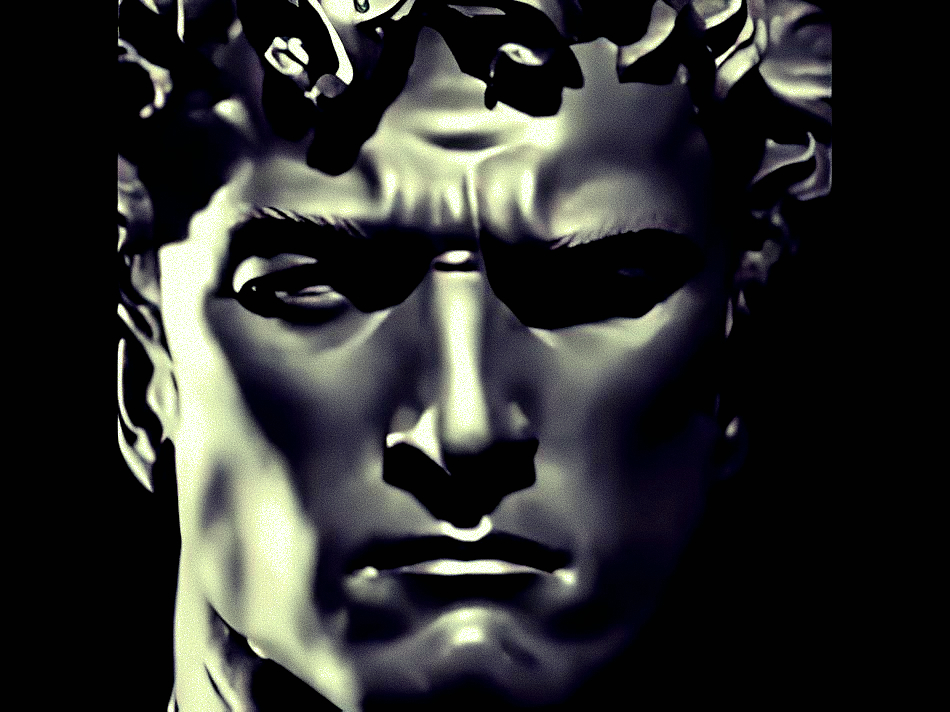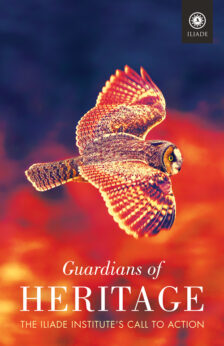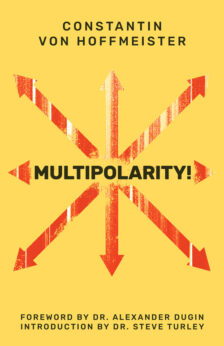Man’s first circle of belonging is biological. Whether we like it or not, man is largely the product of his genes. These not only determine his phenotypic characteristics (e.g. physical traits and susceptibility or resistance to certain diseases), but also influence his behaviour (e.g. intelligence and non-cognitive abilities).
While each individual carries within him a distinctive genetic heritage, it would be wrong to believe that this heritage is purely individual. Since genes are passed on from generation to generation, they necessarily possess a collective dimension: our genes are those that we have inherited from our ancestors. It is, therefore, quite illusory to believe that many of our physical and mental characteristics are either random or the result of a conscious choice. On the contrary, biology shows us the existence, within the human species, of multiple population groups that are genetically distinct from one another and relatively homogeneous over time. These groups are naturally distinguished by their respective phenotypic characteristics. In this sense, biology defines human ethnicity.
This belonging to distinct genetic groups is the result of a very long shared history, which is specific to each population. In a given natural and cultural environment, certain genes were passed on more frequently, either because these genes allowed for better adaptation to the environment (affording, for example, resistance to disease, better temperature regulation, etc.), or because those who carried them reproduced more (perhaps since the effects of those genes were more socially valued). In the case of Europe, the relative stability of populations over the long term is well documented, especially in light of recent advances in paleogenetics (i.e. the study of ancient DNA). Today’s Europeans are the result of the fusion of three ancestral populations: indigenous hunter-gatherers, farmers from Anatolia, and Indo-European conquerors from the south of present-day Russia. Since the fourth millennium BC, there have been no new significant contributions that have altered the genetic heritage of Europeans.
Having said this, if man is the outgrowth of a biological substrate, he clearly is not reducible to it. Firstly, it is now well known that the expression or non-expression of certain genes in an individual depends in part on the environment (as understood through the study of epigenetics). Secondly, and more fundamentally, man is a being of culture, symbols, and meaning. Unlike animals, whose instincts and survival tools (such as claws) are highly developed from an early age, man is born incomplete. He is fully human only after a long apprenticeship, which requires the transmission of not only practical but also symbolic and cultural knowledge, notably through language. None of this is engraved in his genes, which is why the transmission of a cultural heritage plays a central role in the formation of an adult human being. In the words of Arnold Gehlen, man is, by nature, a ‘being of culture’.
Defending a people’s identity thus means defending both its biological heritage and its cultural heritage, without ever reducing identity to either one or the other. Paradoxically, after fiercely denying the biological roots of peoples, our era — marked by a collapse of culture — now reduces them to their most apparent biological characteristic: ‘whites’ versus ‘people of colour’. Whether we like it or not, the more time that passes, the more we, Europeans, will be condemned to be seen only as ‘white’. The challenge for us is to assert that, yes, we are, indeed, that, but also that we are much more than that. If biological roots are fundamental, they still only define the first circle of belonging.
Purchase Guardians of Heritage here.









